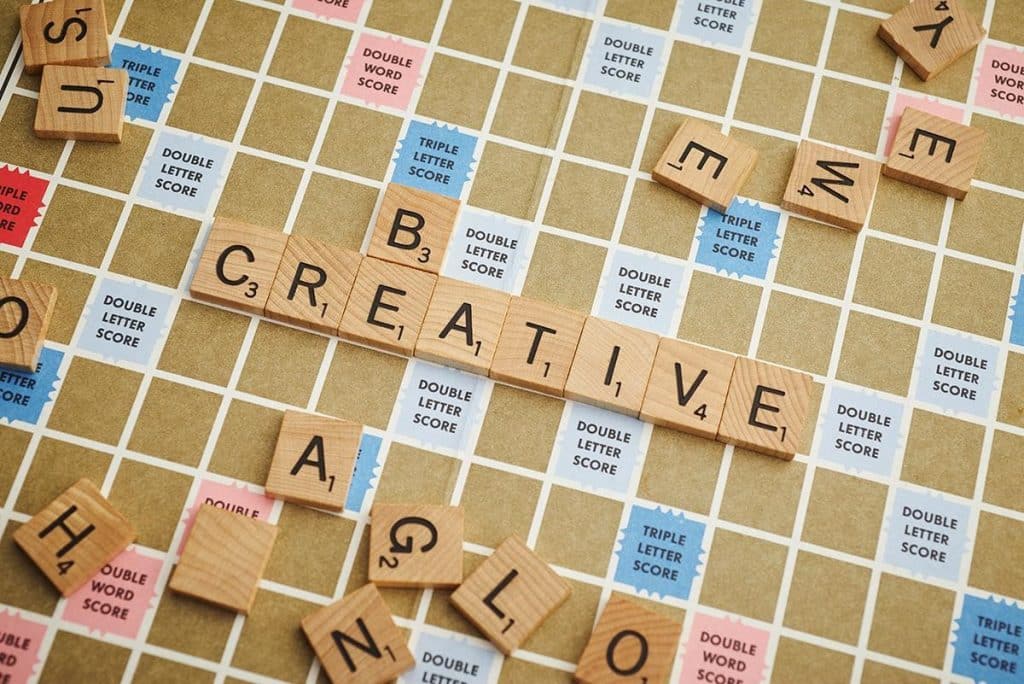Scrambled word games, such as the one found in newspapers around the world, have been around for decades. The world loves it as much as crosswords. The game is at least as old as the language itself. It can be fun at a party. As far back as we can remember, people have enjoyed playing around with words and taking part in word-based games like these.

Some people are really good at word puzzles, so they will tell you there is nothing more to learn here. Well, they have a point. Knowledge can be obtained and taught, but it can never be fully learned. Learning from experience is the only way to take any meaningful steps forward in anything.
When approaching a problem for the first time, you’ll likely find that you go from trial to error without much success to start with. You have to remain persistent. It’s your mistakes that help you understand what to do and make changes for the better. As you start correcting your mistakes, which become more frequent, and take a more creative approach to things, you will begin to enjoy what you do! Here are some tips and tricks for getting through this process more quickly if you’ve put some thought into it and have a strategy in place.
In this article
The Dictionary Is Your Friend
The guys who created the game can scramble any words that are in Webster’s English Dictionary. It’s almost impossible to know all of them, but one could certainly be more successful by enhancing their vocabulary bank. You can achieve this by reading the dictionary.
Besides making you better at spelling, being fluent in more words also helps you to be very specific in what you say. We often look to dictionaries to help figure out scrambled words. While it is important to explore many word combinations, once you come up with a word you aren’t sure if it is a word or not, consulting a dictionary can be your last resort! I’ve found that when you are unfamiliar with a word, it helps to look it up in the dictionary because that is how I’ve learned many words that I didn’t know existed. So unscrambling words is not only a lot of fun, it helps you build your vocabulary as well.
But, how do you put your word store to good use? One first thing to do is find the scrambled words. Observe it and take your time, don’t rush. Evaluate what’s in front of you. If you read the scrambled word and don’t see it, your brain will start scanning your word store looking for anything similar. Find similarities between certain letters and their combinations. This will limit your choices to one option.
Know the Anatomy of the Words
In other words, you must understand the meaning and shape of words, such as how prefixes and suffixes alter a word’s meaning. Some words are built around vowels such as ‘a,e,i,o,u’ but there are very few exceptions.
So put the vowels in the middle, and they glue consonants together. Just bear that in mind. Try arranging the letters of the word with different starting letters (especially different vowels) and look for patterns. Any sort of problem-solving is looking for the perfect patterns to fit.
Our brains are wired the way in order to learn and remember patterns, it is all about brain power. In other words, all understanding – all memories, for that matter – are nothing but interconnected patterns. So, in order to recognize something new or understand it, one has to link it with existing patterns. The patterns link in many ways such as audio, visual, verbal, etc. Whenever you understand or notice something new, you have connected patterns together.
Practice
Practice a lot. The more you practice, the more you’ll improve. With enough practice, your brain will automatically recognize the words that you are searching for, giving you faster and better results. It is best to walk slowly and purposefully to give your mind the time to contemplate what is seen.
To conclude, keep scrambling the letters until they make sense. To do this, try different combinations of letters each time. You must sometimes do this when the word is almost beyond your intuitive logic. After all, intuition can be acquired through persistence. The last resort is to seek help online or use a tool like Unscrambled Words, which can also be a great way to expand your vocabulary and help you unscramble letters into words.
Brute Force It
There is also the ‘Brute Force’ method you can try out if you find it hard to guess what it is even after rearranging some words. Write down all the possible word permutations that can be created by rearrangement of the letters on a piece of paper. Check the dictionary to see if any of the words created exist. Work through the combinations and check them all. There is bound to be one that is right for you.
Another thing you can do if everything falls short is to start with letter frequency. Most words have letters that occur much more often than others and are an easy place to start unscrambling. Every word has letters that repeat, so if you’re unsure about how a word might be spelled or what it might mean, look for these repeated letters first. It’s not guaranteed to work every time, but it gives you somewhere to start and keeps your word search process manageable when looking through thousands of results!
Hopefully, this short guide was helpful for you, and you are now more prepared for your next Scramble game. You can play Scrabble or Word with Friends to put your new skills to the test. Have fun and best of luck to you!
Following these tips will help you become a pro at unscrambling words.
- Enhance your vocabulary. Knowing more words can help you when you are trying to unscramble a word as you have a larger set of words to draw from.
- Practice. It takes time to become good at word puzzles. The more you practice, the better you will get.
- Understand the anatomy of words. Knowing the meaning and shape of words, such as how prefixes and suffixes alter a word’s meaning, can help you unscramble words.
- Use letter frequency. Most words have letters that occur much more often than others. If you’re unsure about how a word might be spelt or what it might mean, look for these repeated letters first.
- Try brute force. If you find it hard to guess what a word is even after rearranging some words, try writing down all the possible word permutations that can be created by rearrangement of the letters and check the dictionary to see if any of the words created exist.
Scrambled word games have been around for centuries, and can be a fun challenge for parties or solo play. To become better at unscrambling words, it is important to enhance one’s vocabulary, practice, and understand the anatomy of words. Additionally, one can use letter frequency, brute force methods, and online tools to help unscramble words.
